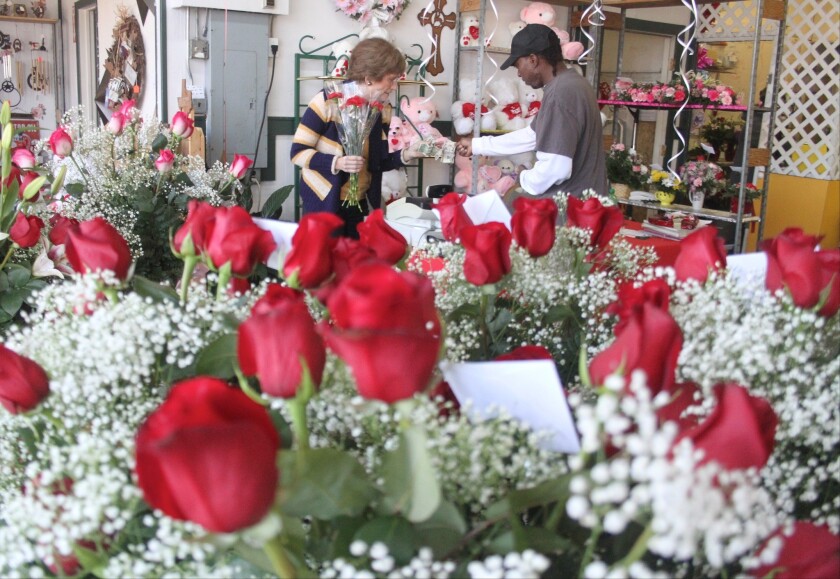
As consumers, especially young ones, become more eco-conscious, services are popping up to reduce wastefulness in the flower industry, extending the life of old bouquets that were previously thrown away the day after a big event.
Considering that the floral gifting market is expected to reach $16 billion in revenue by 2023, buying from eco-friendly operations can have a huge impact. According to one estimate, the roughly 100 million roses grown for a typical Valentine’s Day in the U.S. produce about 9,000 metric tons of carbon dioxide emissions.
“When you realize what the supply chain looks like and the number of hands that touch these flowers, and then they’re only appreciated for a couple of hours, it’s kind of disgusting when you think about the amount of resources that go into it,” says Jennifer Grove, founder of New York City-based flower service Repeat Roses.
While working as a wedding designer and corporate planner, Grove often oversaw the design of intricate floral arrangements, only to see those creations discarded within a few hours. In 2014 she founded Repeat Roses to make it easier for luxury clients to donate used bouquets. Like a traditional floral service, the company sells high-end floral decorations for weddings or social events, but it then recycles or composts them.
If a customer chooses the signature repurposing service, a Repeat Roses team can remove the arrangements from the event and then restyle the flowers into petite bouquets to donate to hospitals, nursing homes and family shelters. If there’s a charity that holds a special place in a customer’s heart, the team will ensure the blooms are sent there. Examples include the American Cancer Society’s Hope Lodge at the Jerome L. Greene Family Center and the Bowery Mission Women’s Center in Manhattan.
“It’s a logistics business, and we’re trying to make sure we are strategic in where we play matchmaker,” Grove says. When the charities are finished with the flowers, Repeat Roses also picks them back up and composts them.
The altruism isn’t free — prices start at $1,750 for the removal and repurposing service to account for the transportation and labor costs. If you’re not willing to spend that much, the company will still compost the flowers from your event instead of sending them to a landfill.
Through these two methods, Repeat Roses estimates it has diverted more than 98 tons of waste from landfills and delivered almost 53,000 floral arrangements to people in need.
Happy Mother's Day Gifts to India Online
ReplyDelete